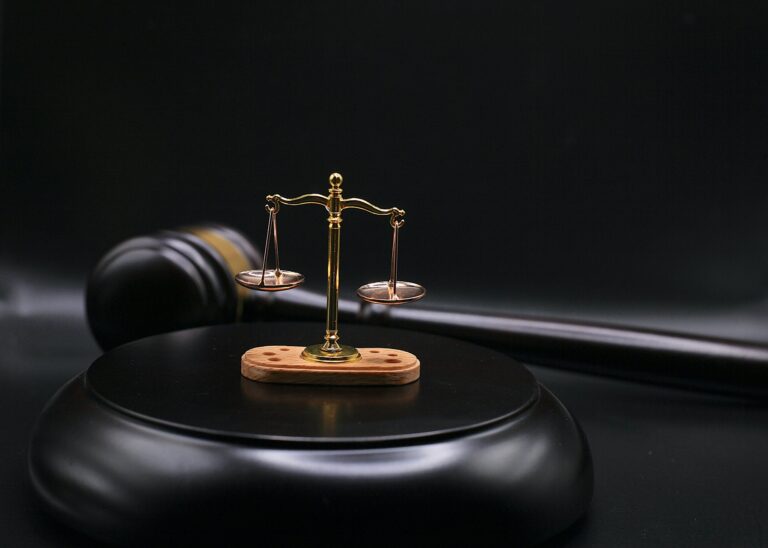Washington University has recently been embroiled in a swirl of controversy. The dispute was triggered by a Pro Palestinian protest that culminated in multiple arrests and criticism from faculty over the university’s response. The protests were directed against the university’s investments in companies such as, which are involved in military activities. The campus is now rife with intense debate.
Full Story of Arrests and University Response
On April 27, 2024, heated arguments enveloped the university when police arrested several protesters. These comprised both students and lecturers who were setting up a camp to support Palestinians. There are now reports of up to 18 arrests with claims of police brutality rampant on campus. This event has ignited fears about how the university manages peaceful demonstrations and its potential effect on student liberties.
Faculty Speak Out Against Their Suspension
In the wake of the suspensions, affected faculty members expressed their outrage during a press briefing. They argued that the university used fake allegations to discredit them and stop their students from protesting. Angela Miller, one of the suspended professors, encouraged the university to confront harsh realities by being more open and just.
Understanding What Sparked the Protest
The protests began due to Israel’s continual military intervention in Gaza an issue that produces fierce worldwide debates. Protestors at Washington University targeted its financial ties with Boeing, whose defense contracts they view as contributing to these conflicts. Their actions have started larger conversations about moral investing practices and duties of educational institutes.
University Stands Its Ground
The university administration insists that protesters’ behavior was not peaceful at all, citing disruptive chanting near library premises that ultimately triggered police involvement. Julie Hail Flory, university spokesperson, held that multiple warnings to scatter and not erect unapproved camps were issued before arrests took place.
Faculties Lock Horns with the Administration
This event has grown into a big crisis affecting the college’s daily operations and its relations with the community. A recent fiery meeting observed faculty hurling numerous questions at administrators about their conduct during the protest. It further exposed significant divisions between university staff and its management, prompting upcoming governance policy reviews.
Community and Alumni Reactions
The public response is extremely mixed. Some vouch for the institution’s requirement to maintain lawfulness while preserving security, but others are deeply critical of violations of free speech rights and obstructed academic freedom. Over 1,500 stakeholders including students, past students, and instructors have manifested their strong disapproval through letters criticizing the college’s handling of matters.
Possible Outcomes and Legal Concerns
The upcoming graduation ceremonies are adding fuel to the fire causing apprehension among suspended faculty about possible legal steps against their employer. This prospective action further stresses the persistent conflict between upholding academic governance while also respecting rights of lecturers and studying students in universities.
A Message to All Academics About Freedom of Expression
The incident at Washington University underscores the delicate balance that exists between academia’s wider duties and global political issues. The way they reacted to protests has sparked debate over educational organizations’ roles in discussing geopolitical controversies influencing how colleges across America tackle global issues around ethics.
A Tough Road Ahead
In grappling with global human rights concerns while running an educational institution, Washington University faces difficult choices ahead. This predicament will not merely affect those entangled directly but will also promote wider discussions on academic institutes’ duties surrounding engagement with universal conflicts. It is likely the way this crisis is managed will influence future academic freedom policies and the perception of societal duty in higher education.











+ There are no comments
Add yours